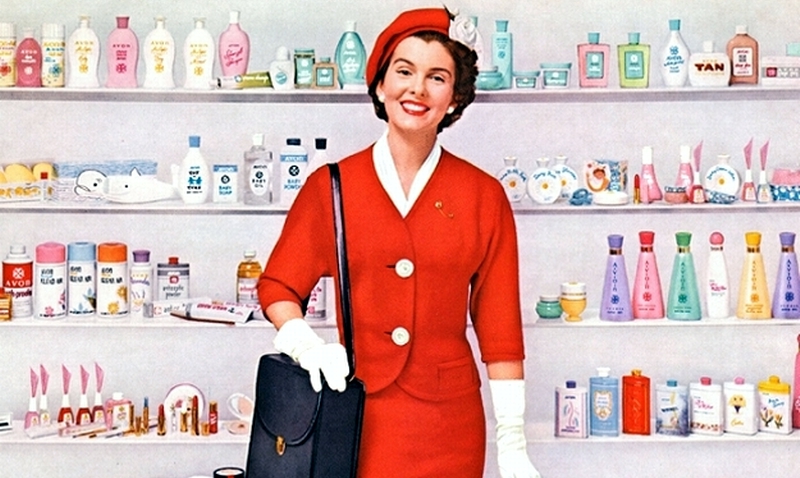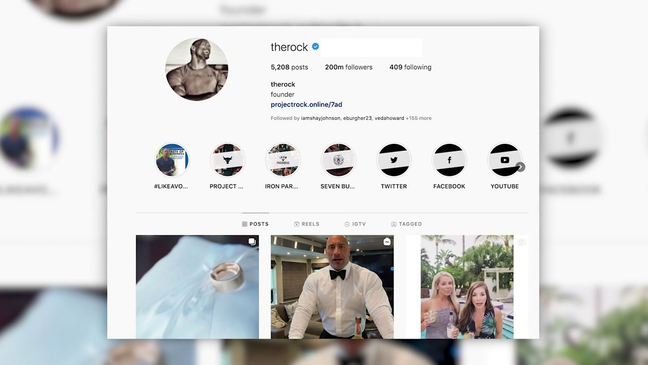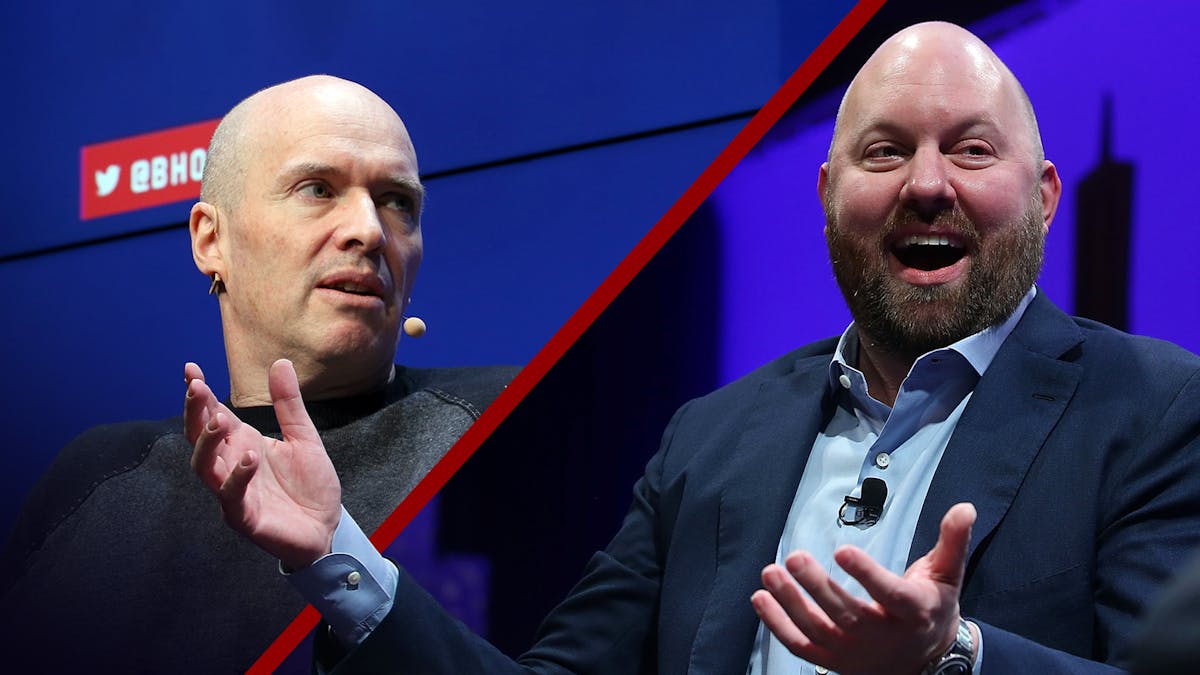On The Ben & Marc Show, a podcast notable venture capitalists Marc Andreessen and Ben Horowitz host, Andreessen outlined his reasoning as to why celebrities are the future of consumer brands.
Despite both having a hard time recalling which brands were celebrity backed let alone successful, and neither having marketing backgrounds, their reasoning was incredibly sound. Which is likely why their firm a16z is arguably the best venture capital firm of the 21st century – a firm that went from $300m to $35b+ in AUM in just 15 years.
To have a16z discuss the future of celebrity brands can only mean one thing – this cultural shift has started seeping into mainstream venture capital investing.
Which will ultimately lead to more celebrity brands.
Although Sandbox Studios is no stranger to the power of a celebrity brand, what Andreessen outlines so eloquently is how the shift in media consumption has powered this trend.
Specifically, the human desire to have human connections.
As consumers we would always rather have a relationship with a person rather than a brand. If you believe this to be true, one can only assume that this trend of celebrity-backed products will continue.
(If you are one of the few that question this then have a look at how many brands you follow on Instagram).
In the heyday of advertising (1960s – 1980s) awareness was built through broadcast – radio, television and print. But broadcast was expensive. Independent brands did not have the luxury of taking out full page ads, nor the funds to hire advertising agencies to create them. As such, these limited slots were exclusively dominated by big brands (General Electric, Ford, L’Oreal, Procter & Gamble, Xerox). Consumers had no choice. They were only aware of products they heard about through mass communications.

Beyond that, the pressure to build a ‘big brand’ was enormous. Brands lived in a winner take-all environment, which was reliant on a limited marketing funnel. Although direct-to-consumer existed (remember the Avon Lady), it was costly – and the only real way to grow was through broadcast.
This all changed with social media.
Not only are consumers in more in control of their interests – personalizing their own consumption behaviors, identifying and promoting independent brands that resonate – they are also able to connect in a more meaningful way with celebrities.
Kim Kardashian paved the way by allowing the entire country into her home warts and all (her sex tape was leaked the same year that Keeping Up With The Kardashians aired). Everyone now has an insight into what their favorite celebrity gets up to off the court, movie set, or recording studio.
This has changed the game – creating an opportunity for consumers to have more choice and more control. They can choose to follow celebrities they love and admire, creating a new consumption culture that has never existed previously.

What Andreessen and Horowitz recognize is that the success of these brands is not a novelty, but represents a fundamental shift in the way our culture communicates.
Like them, we believe that the future of consumer brands will be individually led by people we recognize and we are thrilled to be paving the way for investors into this new wave of consumer brands.

